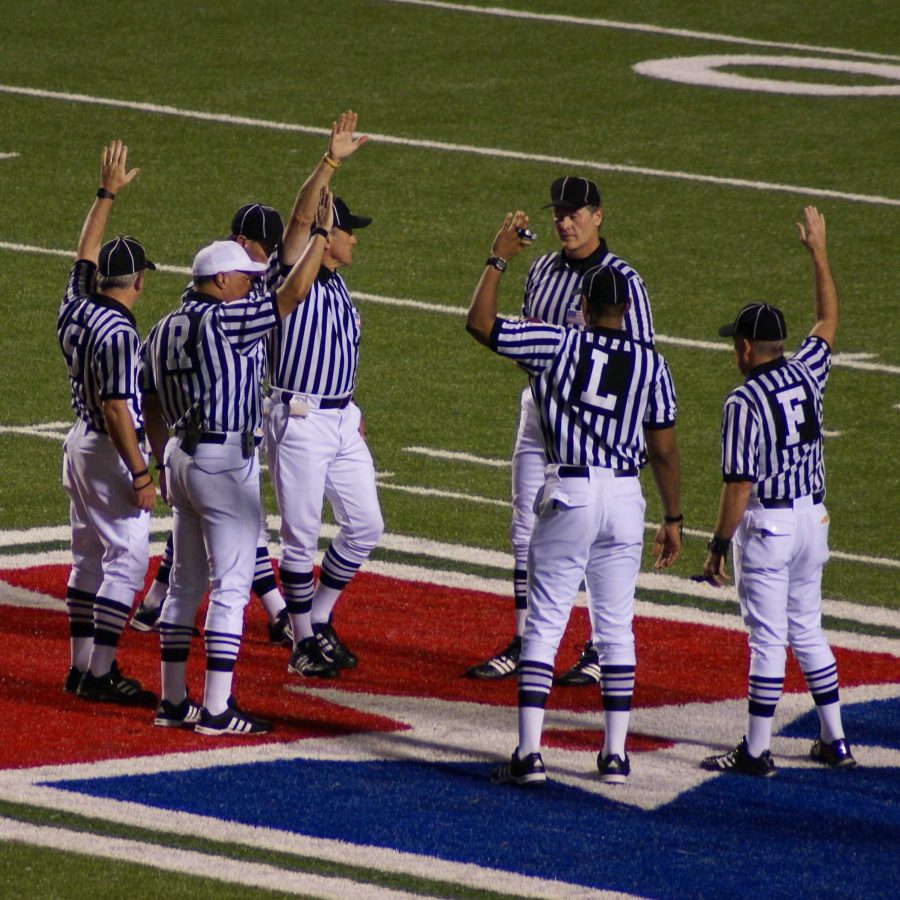We’ve all been there. The score is tied with seconds left to play. Your teammate is about to score when a sharp whistle screeches across the field. The referee has called a penalty, ending the scoring opportunity.
In this kind of situation, it’s normal to feel disappointed, cheated out of the win, and often, quite angry with the ref. It’s easy enough to blame the referee for an unfair call, especially when you’re on the receiving end. However, think about the situation for a minute. There are some important things to consider.
Referees at Tam sports games aren’t in it for the money, and they aren’t in it for the glory. They do this job because they love the game, and care about fostering athletics among those younger than them. We’re all fortunate that these men and women are there to officiate our games in the first place.
Additionally, though you might feel otherwise, the fact of the matter is that the refs are the ultimate authorities at sports events. They are there for the express purpose of ensuring fair play and making the calls that the rest of us are too biased to make.
Keep in mind that bias makes any athlete inherently unqualified to judge the outcome of their own competition, regardless of how well they observe what is taking place. Refs exist because they are objective. They are trained to look for errors, and frankly, they tend to know the rules of the game far better than the athletes who are playing. For example, when a penalty is called in a lacrosse game, all players and coaches look to the referee to determine whether or not the penalty is releasable, and for how long it will last. The same goes for a questionable penalty in a football game. Because we can’t make these calls ourselves, we make the refs the ultimate authority on the field, and as such, they deserve respect.
Granted, not all referees are perfect; some are far from that. However, refs who make poor calls and act in a biased manner are absolutely the exception, not the rule. In all likelihood, conflicts stem not from the ref, but rather a frustrated player who takes issue with the decision. Factoring everything else out of the equation, it’s simply more probable that the referee is right and you are wrong, whether you’re a player or a fan.
We cannot play sports without refs. Without official referees, we would have turn to parents who vaguely know the sport, coaches who are completely biased or former players who are unsure of all the rules. These situations would unquestionably lead to unfair play and less pure competition. Think about it. Respect the referees.


